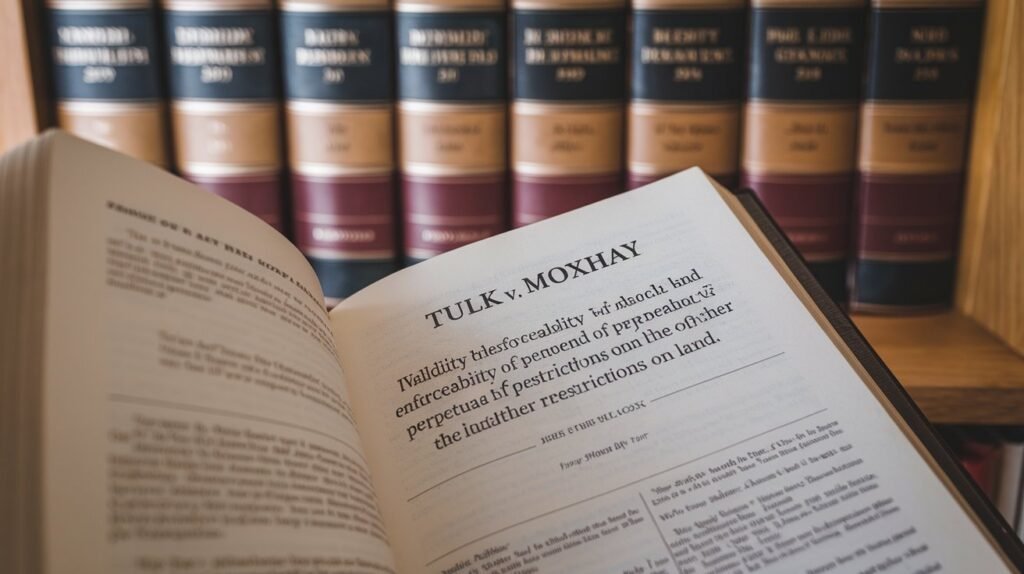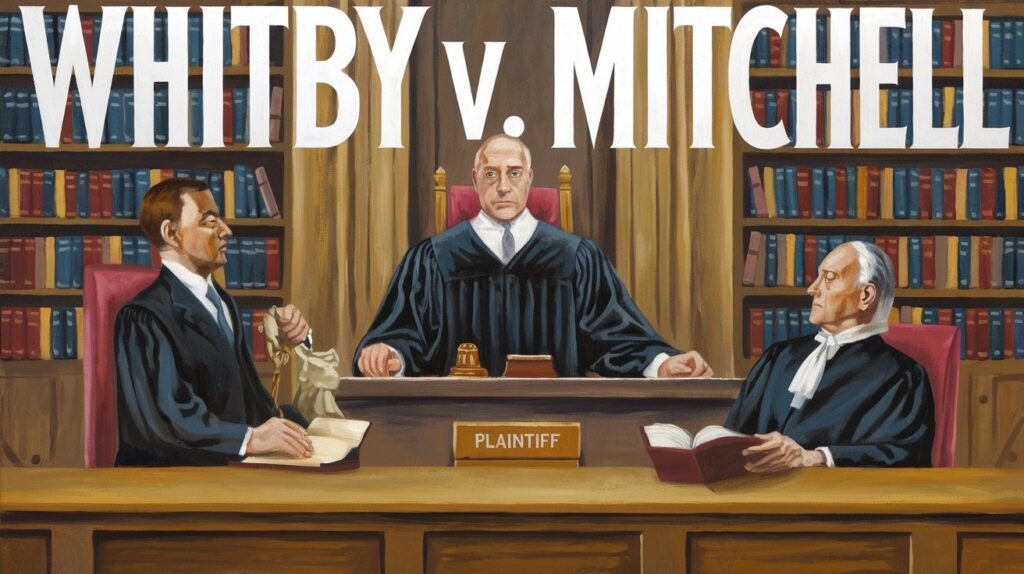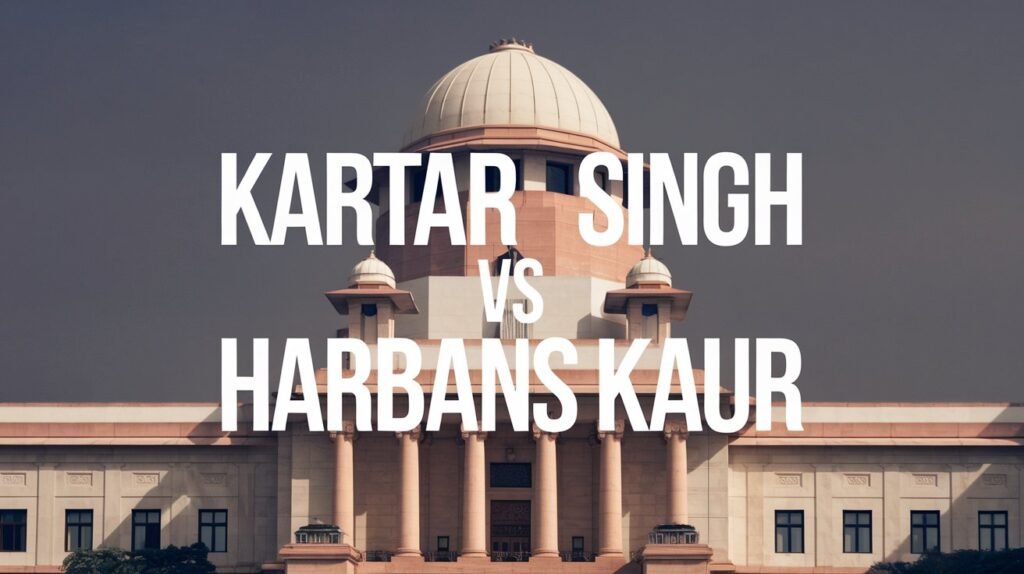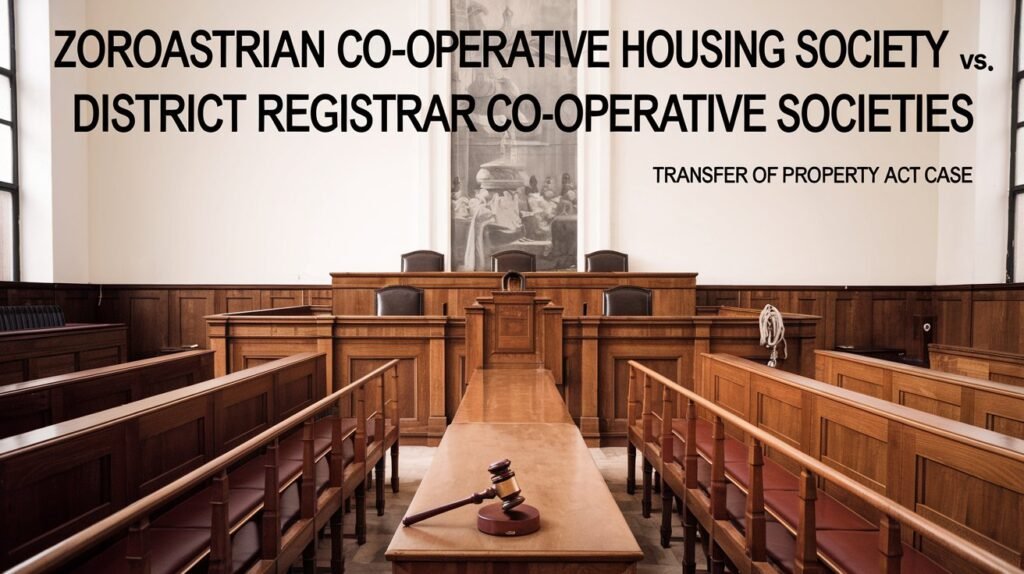Dalip Kaur v. Jeewan Ram 1996 (Case Summary)
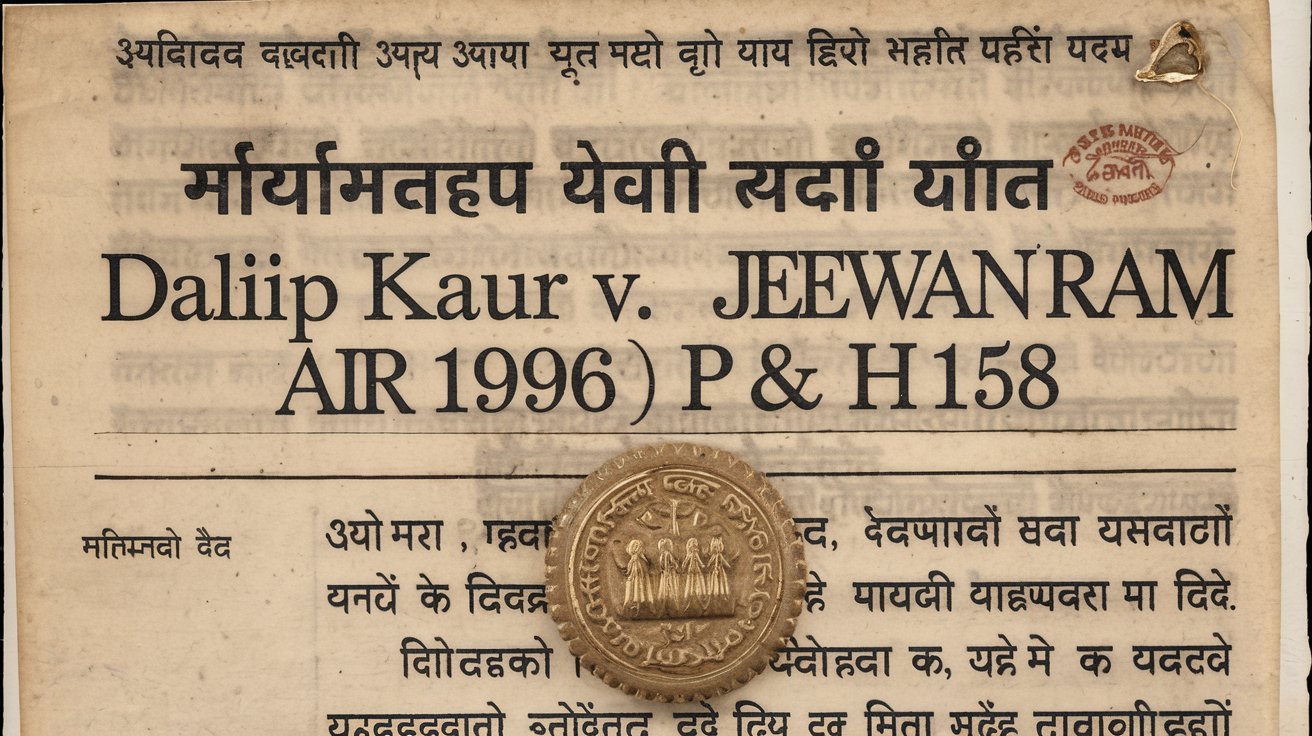
In this Landmark case, the Hon’ble Punjab-Haryana High court adjudicated on a question of law regarding the applicability of the doctrine of lis-Pendens when proceedings are pending in the Supreme court under Article 136 of the Constitution.
Table of Contents
ToggleFacts of Dalip Kaur v. Jeewan Ram
- Lachhman (Plaintiff) filed a suit for possession which was decreed in the favor of him in 1983 by the trial court. Lachhman took possession of the property.
- First appeal against the said decree was dismissed by the District Judge, the second appeal was dismissed by the High court.
- Thereafter, the aggrieved (Original Defendant) filed an SLP under Article 136 to the Hon’ble Supreme court of India. Appeal was allowed by the Supreme court and the suit by Lachhman was dismissed.
- Restitution was filed against Lachhman but it was found that Lachhman had sold the property to some other persons.
- The new buyers contended that the doctrine of lis-pendens or section 52 of the Transfer of Property Act is not applicable in this case as the case was already decided by the High court and an appeal under section 136 would not be continuation of proceedings as per Section 52 of the Act.
Issues framed
- Whether the proceedings in a civil appeal before the Supreme Court in the form of special leave under Article 136 of the Constitution of India not a continuation of the proceedings in the original suit?
- Whether the principle of lis-pendens is applicable to such proceedings or not?
Judgment of Dalip Kaur v. Jeewan Ram
The Punjab & Haryana High court analyzed and interpreted the extent of Doctrine of lis-Pendens along with Section 52 of the Transfer of Property Act 1882.
The court highlighted that the Supreme Court is at the head of the “pyramid” of the judicial system in this country. The court further held that proceedings before the Supreme court are a continuation of those in the original suit and the principles of lis-pendens also include proceedings in the Supreme Court. The court decided that section 52 of the Transfer of property Act also applies to the proceedings in the Supreme under Article 136 and hence restitution shall apply to the proceedings.


